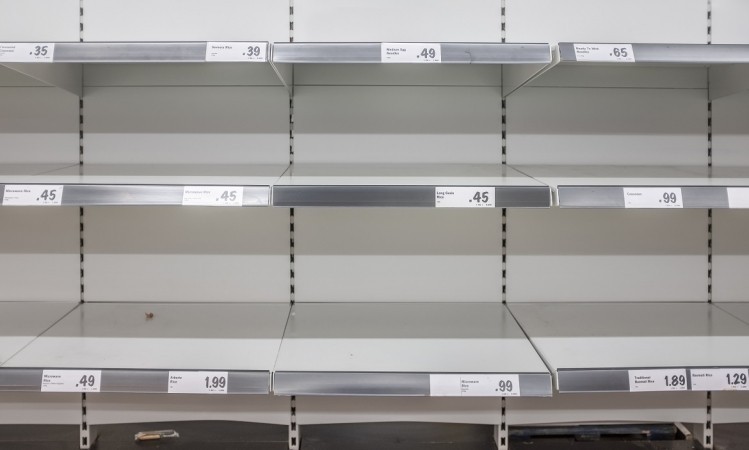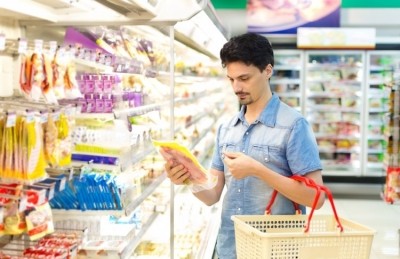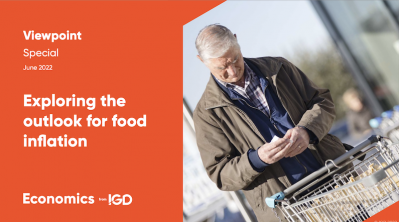Supermarkets to bolster own-label in response to manufacturer price rises

There is an “inherent tension” between packaged-food manufacturers that are looking to offset higher input costs and retailers that want to preserve their value perception with customers, Bloomberg Intelligence analyst, Jennifer Bartashus, has said.
She predicts that this may push supermarkets into more own-label products.
Food manufacturers are being forced to increase prices as the cost of raw ingredients have been increasing in the wake of the Ukraine War and Brexit.
High prices
Bloomberg Intelligence highlights Tesco's refusal to carry some Kraft Heinz products as a signal that retailers will increasingly push back on high prices eventually eroding margin and profit for the packaged-food companies.
While Kraft, Kellogg and Mondelez have all raised prices numerous times and signalled more hikes are in store, retailers with robust own-label programs will have direct insight into ingredient costs, making it easier for them to gauge whether price hikes are warranted, she says.
But, the pace of price hikes implemented by packaged-food companies is unsustainable through 2023.
Ingredient-cost inflation
This is because record ingredient-cost inflation is beginning to ease, which may make it more difficult for packaged-food companies to justify additional rounds of price increases, Bloomberg Intelligence reveals
Grocer’s (Supermarket’s) private-label sales have steadily increased following a spike in early 2020, when shortages and stockpiling drove spending, Bartashus added.
“This is likely due to a combination of value-seeking behaviour, shortages of national brands of some categories and retailers promoting their own private-label [own-label] products. None of these are likely to abate in the near term, suggesting private-label sales could continue to strengthen as the year progresses. Persistently high food inflation would be another factor driving private-label sales growth, since consumers often look for ways to trade away from national brands to save money,” said Bartashus
“Price increases are at the forefront of packaged-food conversations, and references to hikes by companies have recently jumped significantly, based on our analysis. This underscores how hot a topic price hikes are for the industry, and the potential implications for top-line growth, as well as margins and profit. Following several rounds of price increases, it is believed packaged-food companies will find it increasingly difficult to pass on higher costs.”
















